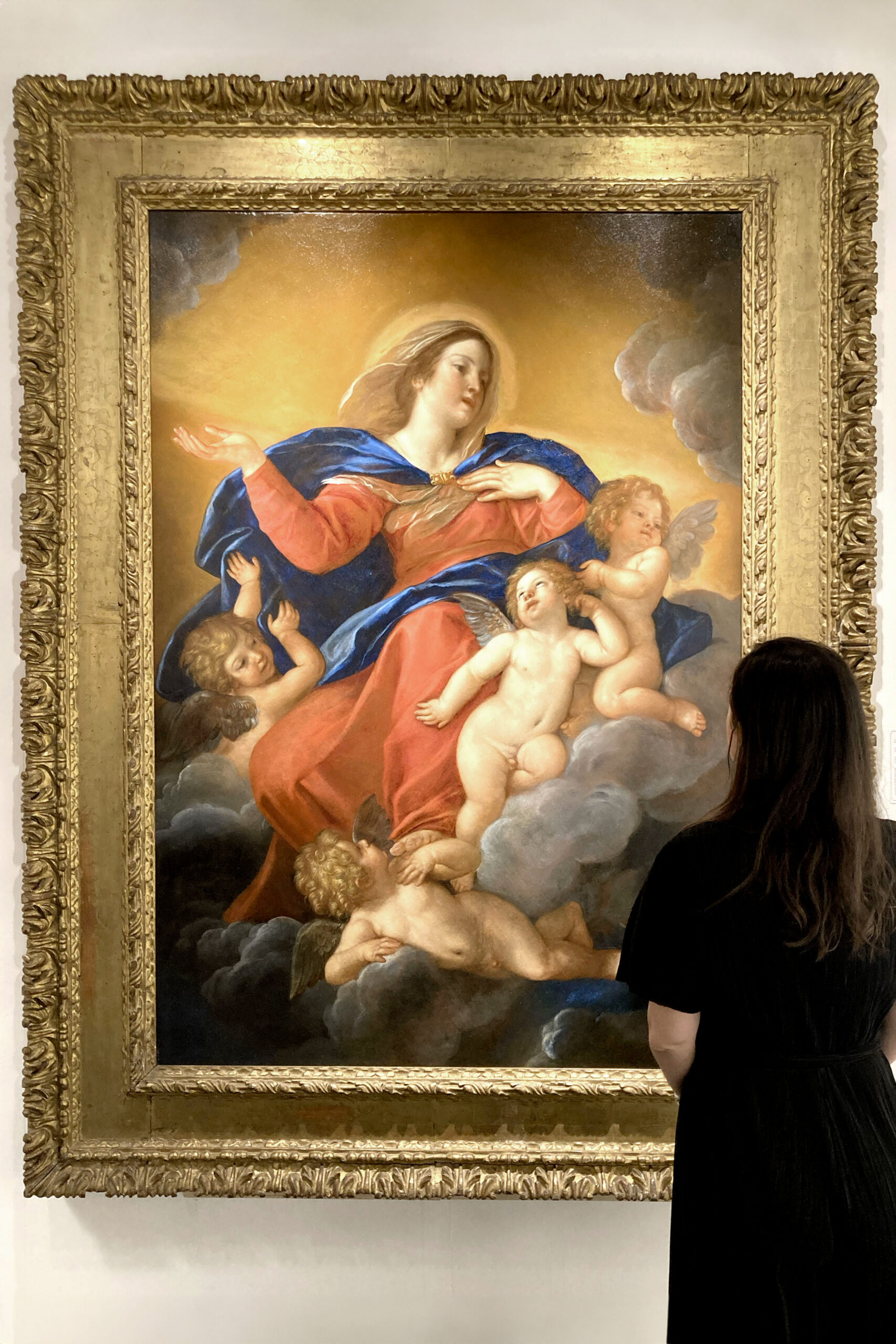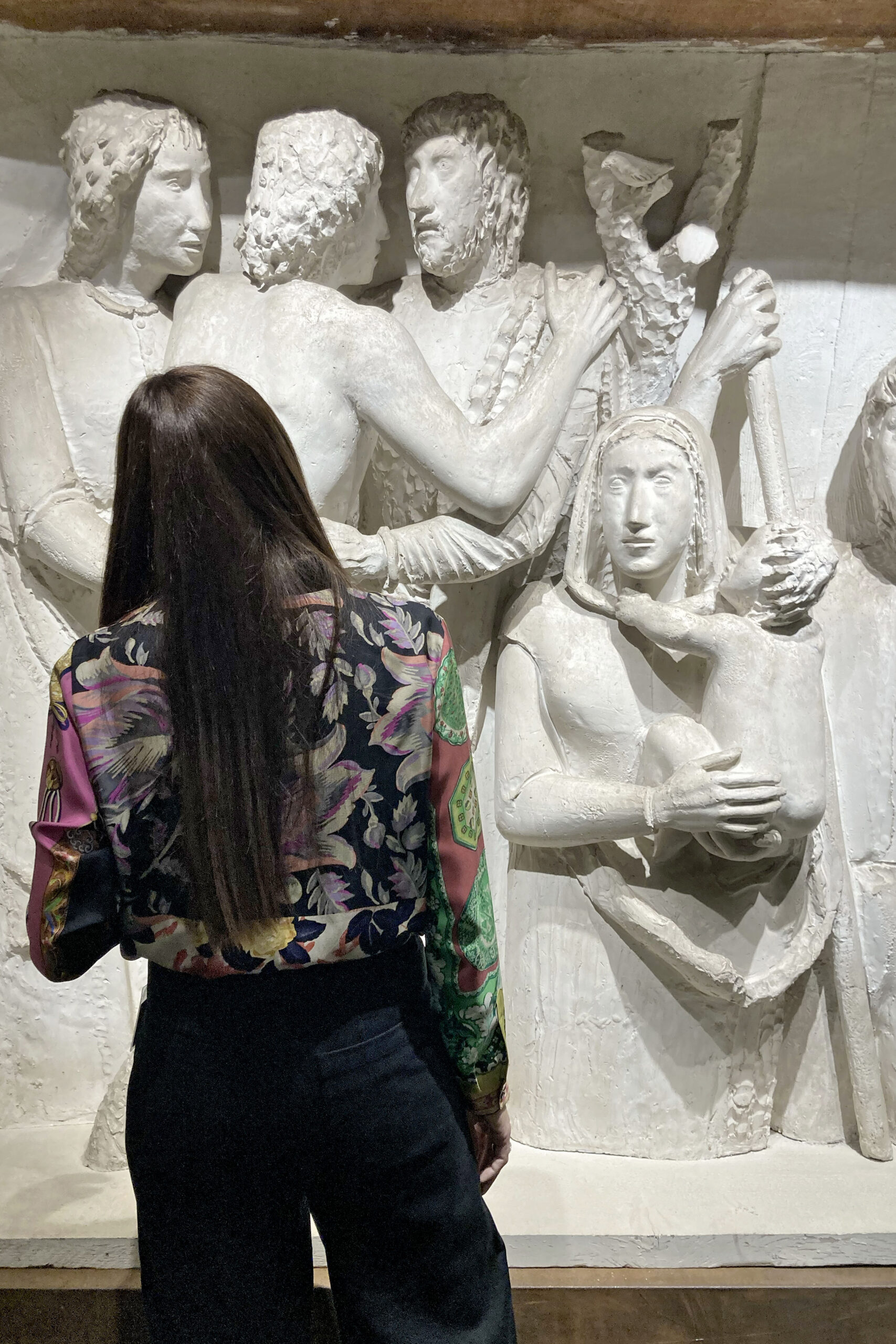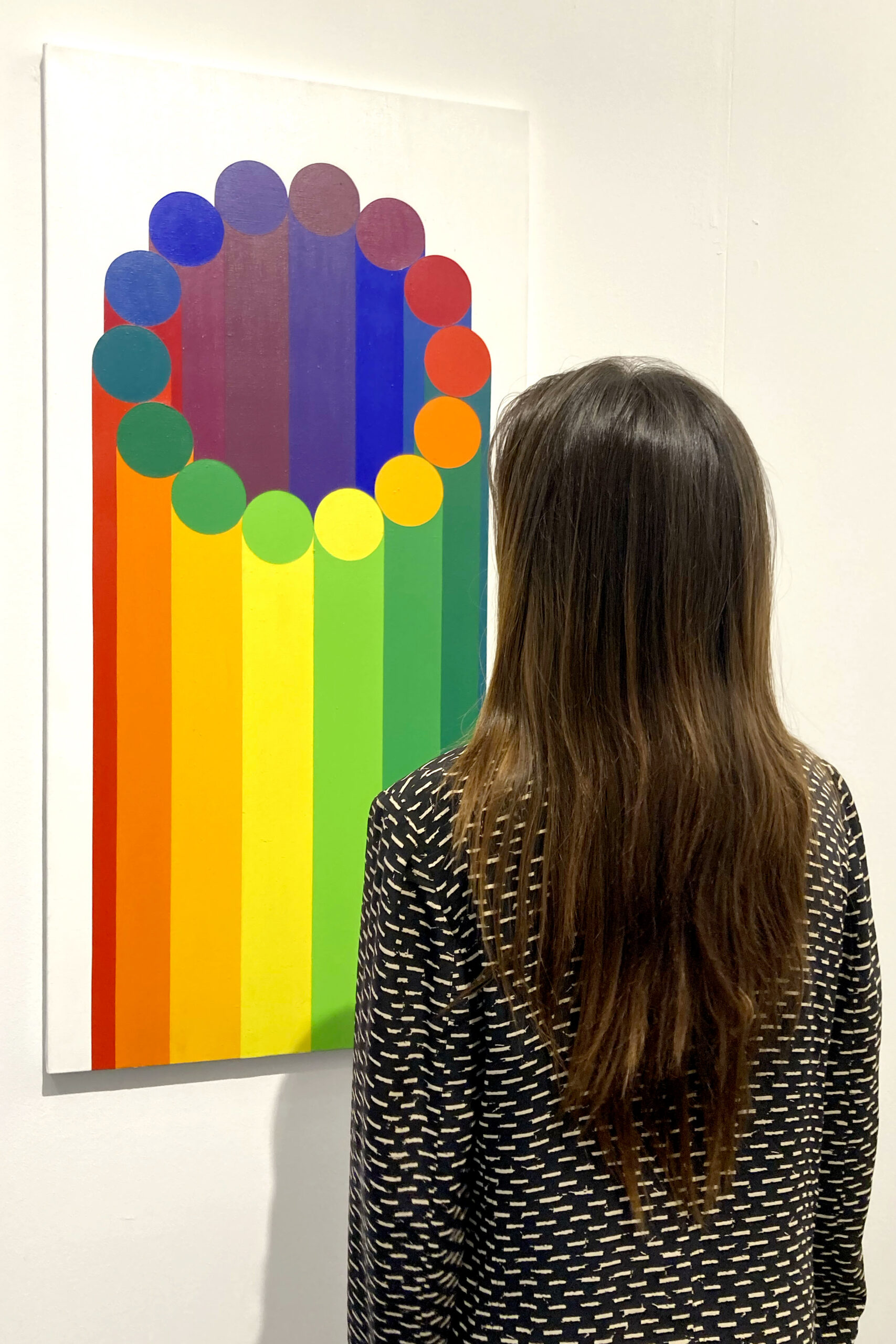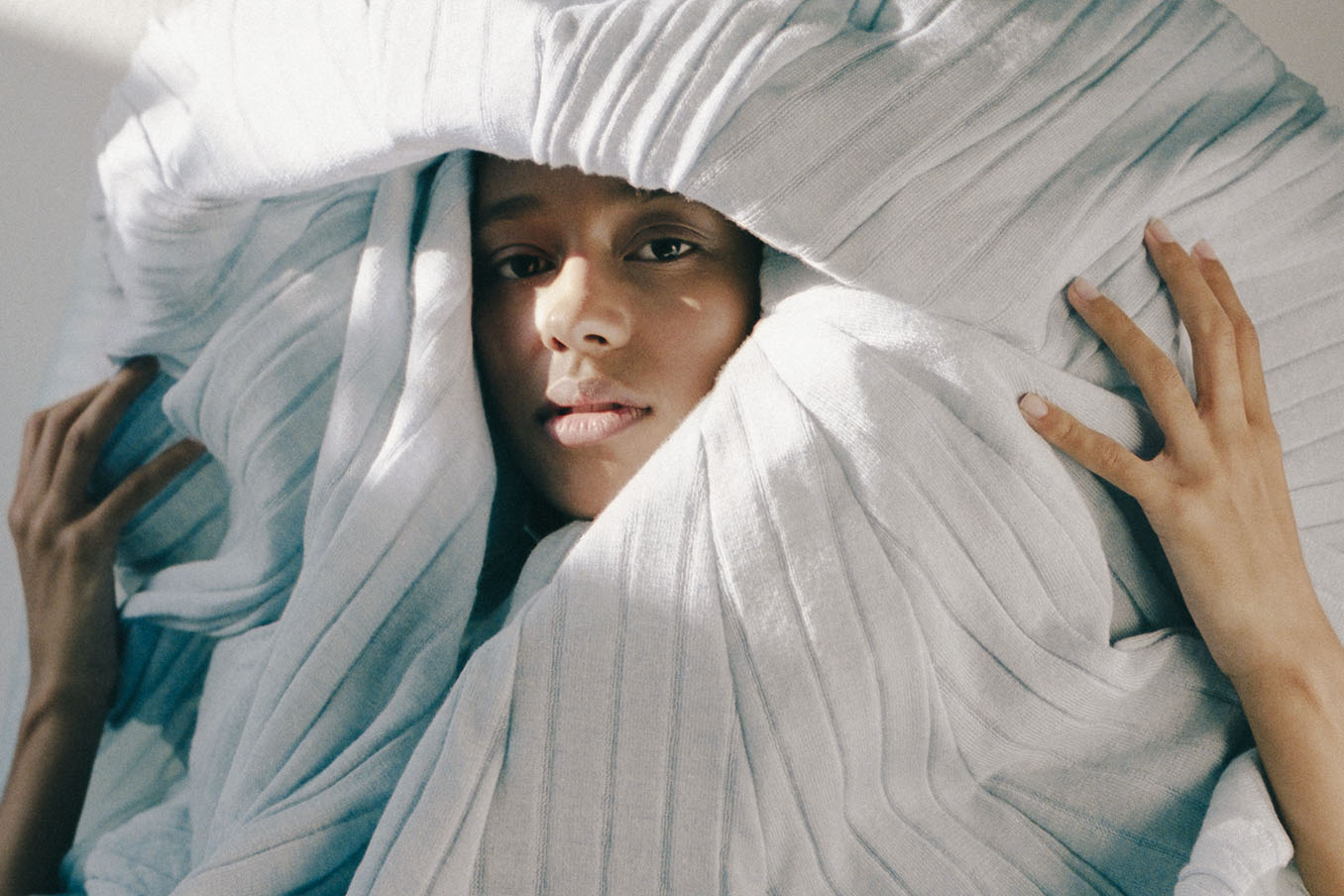How can we define luxury? What does the future hold for this exciting and transforming sector? Find out with Master in Luxury Business students and art advisor and guest lecturer, Clarice Pecori Giraldi, at Florence’s BIAF, a biennial antique art fair held at Palazzo Corsini.
Various sources, including Tatler Asia and the Associated Press, identify the luxury industry as undergoing a significant transformation. Although the term’s definition seems to be ever-changing and creative directors are fixed in a constant game of musical chairs amongst brands, the luxury fashion sector is booming with a predicted 3.15 % growth by 2029, and specific sectors, like the art market, are some of the most resilient markets going, surviving and bouncing back from devastating global events.
@polimoda Master in Luxury Business students go to BIAF in Florence ✨ @virgovargo #fashionstudent #masterstudent #florence #polimoda
♬ original sound - Polimoda
This sector is as exciting and dynamic as the goods and experiences it encompasses; as a concept, luxury is highly subjective, closely tied to the human experience and to individual values. It is also a lens through which we can examine some of our most primordial preoccupations and desires. To gain insight into the allure of this world, we accompanied our students to an exclusive art fair in one of the centers of Western cultural excellence.
The BIAF visit provided student Blaize Vargo with insights into luxury’s definition, an illuminating experience that enhanced students’ understanding of the interplay between art, history, and this particular market. Vargo notes, “my biggest takeaway was recognizing how luxury is rooted in culture and craftsmanship.” This observation supports a key aspect of the definition of the term, which goes beyond high price tags to encompass the exclusivity and uniqueness of products or experiences.
The fluid nature of the sector’s definition is evident in Vargo’s statement: “depending on who you ask, everyone has their own version of what luxury means, whether it’s enjoying pizza with a friend, taking a secluded vacation or purchasing a high-end product.” The BIAF exhibits served as a reminder that luxury transcends tangible goods, encompassing meaningful experiences and connections with heritage.
The sector is undergoing a process of redefinition, challenging conventional notions. There’s a tension between exclusivity and inclusivity as the luxury industry strives to maintain its appeal while adapting to a world that values inclusivity. Vargo finds luxury intriguing “because it is subjective and challenges individual values.” This sentiment is echoed in this 2024 Global Luxury report, which highlights how changing values are reshaping this sector, with consumers shopping more sustainably and seeking brands that align with this principle.



The future of this market appears multifaceted and will likely continue to embrace diverse interpretations of luxury. It will be experience-driven, as Vargo observed during the class visit: “In today’s market, consumers seek meaningful experiences and a connection to heritage. The BIAF reinforced how luxury and antiques thrive by connecting the past with the present by offering not just products but history, timeless elegance, and unmatched quality”.
Cultural connection will be fundamental to the industry’s health, with products requiring compelling narratives emphasizing craftsmanship and provenance. Successful luxury brands will need to strike a balance, maintaining exclusivity while adapting to evolving, more inclusive societal values.

